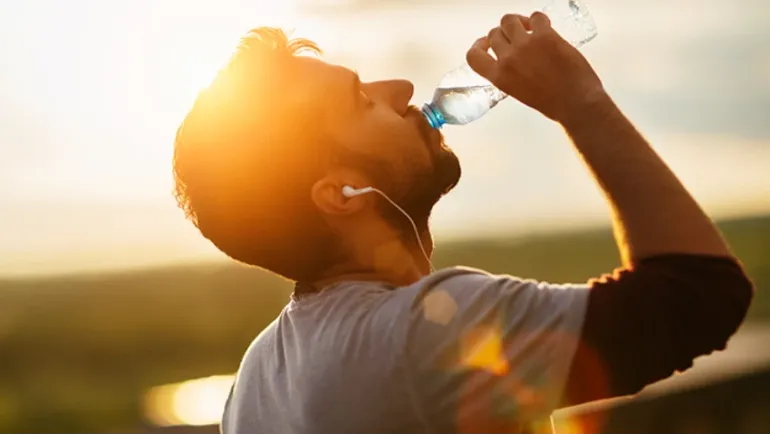
When the scorching summer heat hits, our bodies demand more attention — and hydration becomes one of the most crucial aspects of staying healthy. Dehydration can lead to fatigue, headaches, heatstroke, and more serious health problems if ignored. But how much water should you really be drinking every day during the hot months? Let’s dive into a comprehensive guide to understanding your daily water requirements in summer, hydration strategies, and why drinking water is more than just a healthy habit — it’s a survival necessity.
During summer, high temperatures and increased humidity cause your body to sweat more to maintain a stable internal temperature. That sweat leads to fluid loss. If you’re not replenishing the water lost, dehydration sets in fast. Besides sweat, your body also loses electrolytes like sodium and potassium, which are essential for nerve and muscle function.
Mild dehydration can cause symptoms such as dry mouth, fatigue, dizziness, and reduced urine output. More severe cases can lead to confusion, rapid heartbeat, and even heat exhaustion or heatstroke.
This includes fluids from water, other beverages, and food. During summer or when you're active, your requirement can increase by 500ml to 1 liter or more. If you’re spending time outdoors or working out, consider increasing your water intake by one extra glass every 15–20 minutes of intense activity.
Watch for early signs like:
Severe dehydration may lead to confusion, rapid breathing, and unconsciousness. Immediate medical help is required in such cases.
Children and older adults are more vulnerable to dehydration. Kids may not recognize thirst, and older people may have a reduced sense of thirst. Offer fluids regularly, especially during heatwaves. For infants, consult your pediatrician about fluid needs during illness or extreme heat.
In the intense heat of Bangladeshi summers or tropical regions in general, staying hydrated is not just healthy — it’s essential. Make water a priority, eat hydrating foods, and listen to your body. Adjust your intake based on climate, health, and activity for optimal hydration.
Hydration is a daily commitment — not just a response to thirst. During summer, it’s vital to adapt your routine, focus on fluid-rich foods, and ensure you and your loved ones are getting enough water. Whether you're at home, working, or exercising outdoors, never underestimate the power of hydration. Drink smart, stay safe, and beat the heat with a well-hydrated body!












Comments
There are no comments for this Article.